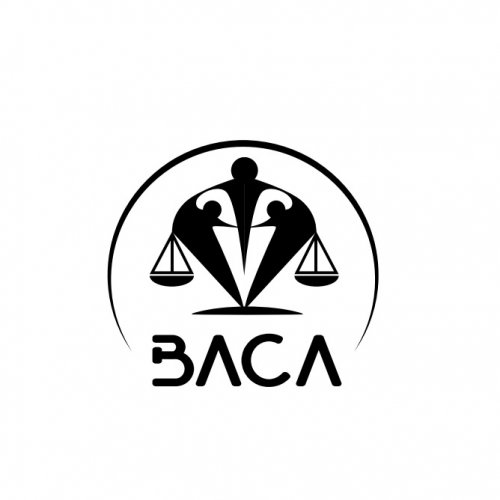Best Discrimination Lawyers in Juba
Share your needs with us, get contacted by law firms.
Free. Takes 2 min.
List of the best lawyers in Juba, South Sudan
About Discrimination Law in Juba, South Sudan
Discrimination law in Juba, the capital and largest city of South Sudan, seeks to protect individuals from unfair treatment based on aspects such as race, religion, gender, and ethnicity. While these laws are gradually evolving due to national and international pressure, having a comprehensive understanding of local laws and legal processes in regards to discrimination is crucial for those who believe they have been discriminated against.
Why You May Need a Lawyer
Instances of discrimination can occur in various areas such as employment, education, housing, and public services, among others. If you believe that your rights have been violated and you have been discarded or disadvantaged based on your race, gender, religion, or ethnicity, you would need a lawyer to represent you, guide you through the complex legal processes, and ensure your rights are protected.
Local Laws Overview
In South Sudan, The Transitional Constitution of the Republic of South Sudan, 2011 serves as the supreme law. Article 14 underscores that every person shall be equal before the law and enjoy equal protection of the law without discrimination based on race, ethnic origin, color, sex, language, religious creed, political opinion, birth, disability or social status.
However, South Sudan’s laws on discrimination are still evolving, and despite the legal protections outlined in the constitution, enforcement can be inconsistent and sometimes absent in the face of societal and cultural norms.
Frequently Asked Questions
What types of discrimination are covered under South Sudan law?
The law explicitly covers discrimination based on race, ethnic origin, color, sex, language, religious creed, political opinion, birth, disability, or social status.
What can I do if I face discrimination at my workplace?
You can consult a lawyer to discuss your options. They can guide you through the process of filing a complaint with the appropriate body or possibly taking legal action against your employer.
Are there any organizations that can support me if I believe I am a victim of discrimination?
Yes, there are multiple non-governmental organizations (NGOs) in South Sudan focused on human rights issues that may be able to support you or provide you with resources. These include Amnesty International South Sudan and The South Sudan Human Rights Society For Advocacy.
Does South Sudan have laws for protecting the rights of the disabled?
The Transitional Constitution of South Sudan does provide for the protection of disabled individuals against discrimination. However, it is important to understand the level of law enforcement can vary.
How does South Sudan law define 'discrimination'?
While a precise definition may differ from one document to another, in general, discrimination is understood as unjust or prejudicial treatment based on personal characteristics such as race, sex, or age.
Additional Resources
Amnesty International South Sudan and The South Sudan Human Rights Society For Advocacy are some of the organizations involved in lobbying for human rights in the country. These organizations can be sources of valuable information and support. Additionally, organizations like United Nations Mission in South Sudan (UNMISS) and Human Rights Watch also provide resources and reports on the human rights situation in South Sudan.
Next Steps
If you believe that you have been a victim of discrimination, consult with a knowledgeable local attorney who specializes in discrimination law. This professional can help you understand the nuances of your situation and give you guidance on legal recourse.
Lawzana helps you find the best lawyers and law firms in Juba through a curated and pre-screened list of qualified legal professionals. Our platform offers rankings and detailed profiles of attorneys and law firms, allowing you to compare based on practice areas, including Discrimination, experience, and client feedback.
Each profile includes a description of the firm's areas of practice, client reviews, team members and partners, year of establishment, spoken languages, office locations, contact information, social media presence, and any published articles or resources. Most firms on our platform speak English and are experienced in both local and international legal matters.
Get a quote from top-rated law firms in Juba, South Sudan — quickly, securely, and without unnecessary hassle.
Disclaimer:
The information provided on this page is for general informational purposes only and does not constitute legal advice. While we strive to ensure the accuracy and relevance of the content, legal information may change over time, and interpretations of the law can vary. You should always consult with a qualified legal professional for advice specific to your situation.
We disclaim all liability for actions taken or not taken based on the content of this page. If you believe any information is incorrect or outdated, please contact us, and we will review and update it where appropriate.









